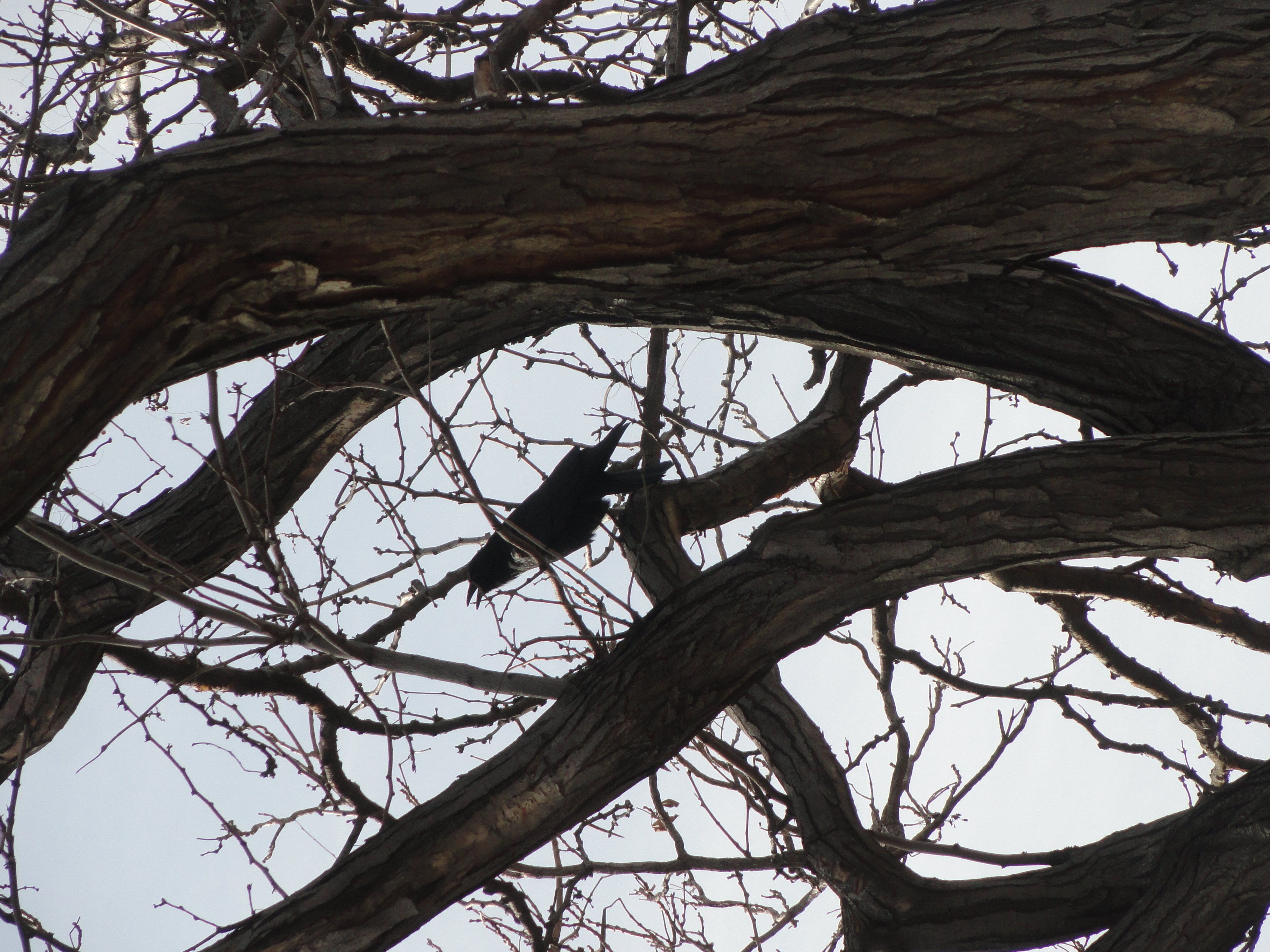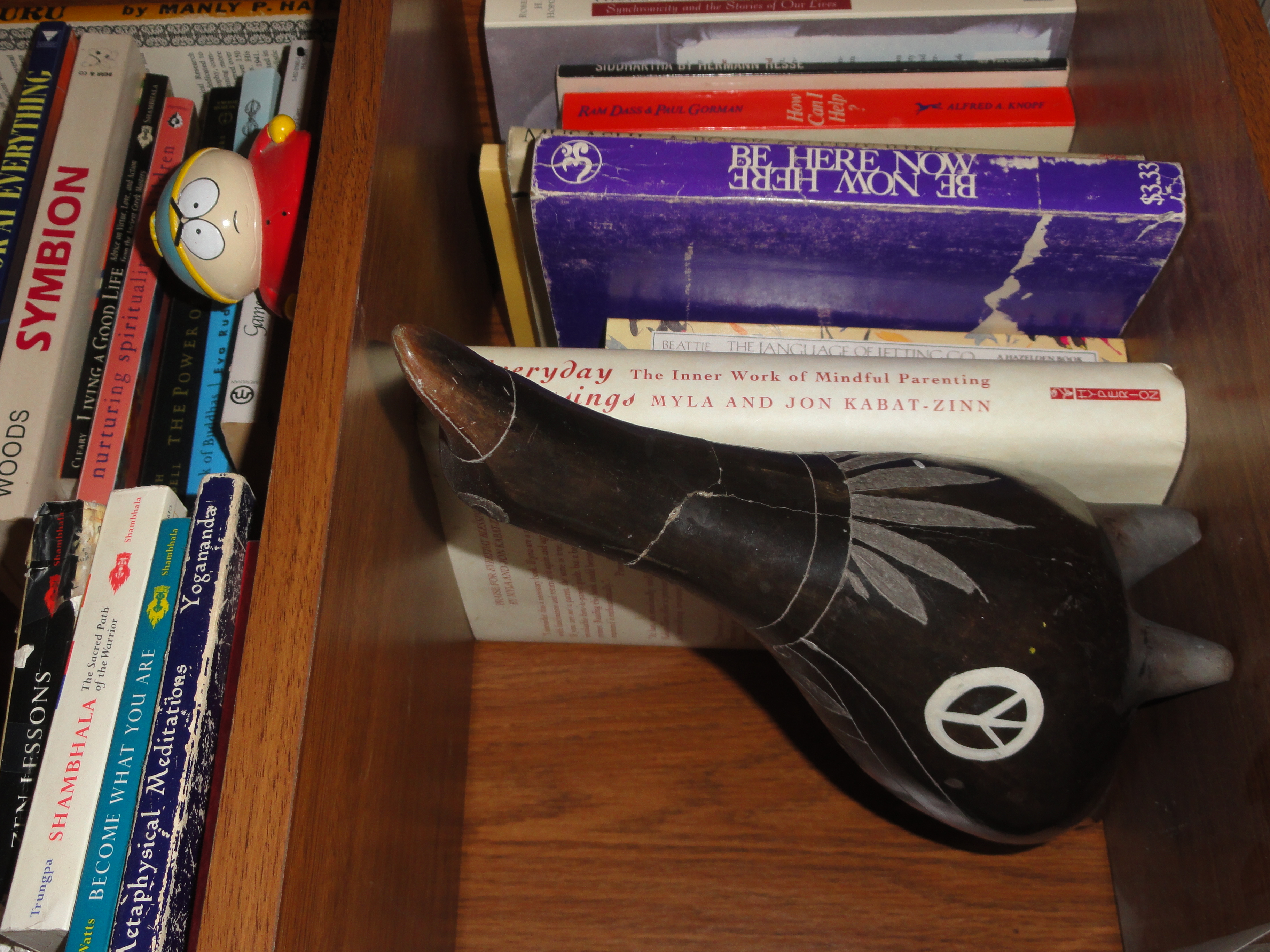Quicker than training a cat not to get on the table, she trained him not to start any books at all.
photo by Sandra Dodd
__
Quicker than training a cat not to get on the table, she trained him not to start any books at all.




Marty likes humor and history.
Holly's main reading is on the internet, but she likes name books, and other non-fiction and trivia. One thing she doesn't use the internet for is definitions and spellings. She likes my old full-size American Heritage Dictionary, and will sprint upstairs to look something up on the slightest excuse.

You can attend a thousand Zen classes at a University and still not understand it because it is something that is internal. You can have a bunch of nice meditation products and still be angry. You can make a big deal out of living simply and still miss all the beauty around you.
It's not about the accoutrements but the "seeing with new eyes."
Sorta like unschooling.
You can read all the books, you can talk to unschoolers, attend a conference and join some lists. But until you GET IT at the internal level, until there is trust and a willingness to extend that trust to your children, unschooling is just a nice idea or philosophy to discuss...nothing more. For those that decide to learn to trust themselves and their children, they soon find their lives a bubbly, interesting swirl of natural learning.

By twelve I could identify every breed of dog and horse that I had ever seen or read about and tell you how it was developed, where, why, and by whom. I spent every weekend and every afternoon at a dog show/horse show/event/trial or just hanging around the stable or kennel. I asked thousands of questions and "got my hands dirty." Many of my friends were adults with the same passions. Training, breeding, grooming, showing, husbandry—all of these things I learned because I was consumed by them!
But, of course, dogs and horses are NOT school subjects—and are completely unimportant in the school world. What if I had waited for a teacher to come along and say, "Today we are learning all about dog and horses"? Not only would I have waited all my life, the teacher would only have given me a "taste" of the subject!
OH! And you *can't* make a living with dogs and horses—right?
Stage one is often referred to as DEschooling. It's the period of time we need to give ourselves in order to "step away from the box" of school and school-think. Ask yourself why and how you learned your passion: whether it was music, cooking, flying, gardening, or long-distance running. Or even more "academic-like" passions, like Shakespeare, chemistry, World War II, or a foreign language. When you are comfortable with how learning happens by indulging in passions and making connections in your learning, you are quickly heading towards stage two.


My kids all caught up with formal math in a semester or two of community college. Marty did up to calculus. Kirby only took one class but makes use of math all the time in his work and play, and is good with money and loans and banking and all that practical life stuff.
Holly took three classes, I think. Maybe two. Liked it; it wasn't difficult. There were people in class with her bemoaning the difficulty, and they had been in school for twelve years or more, taking math classes.